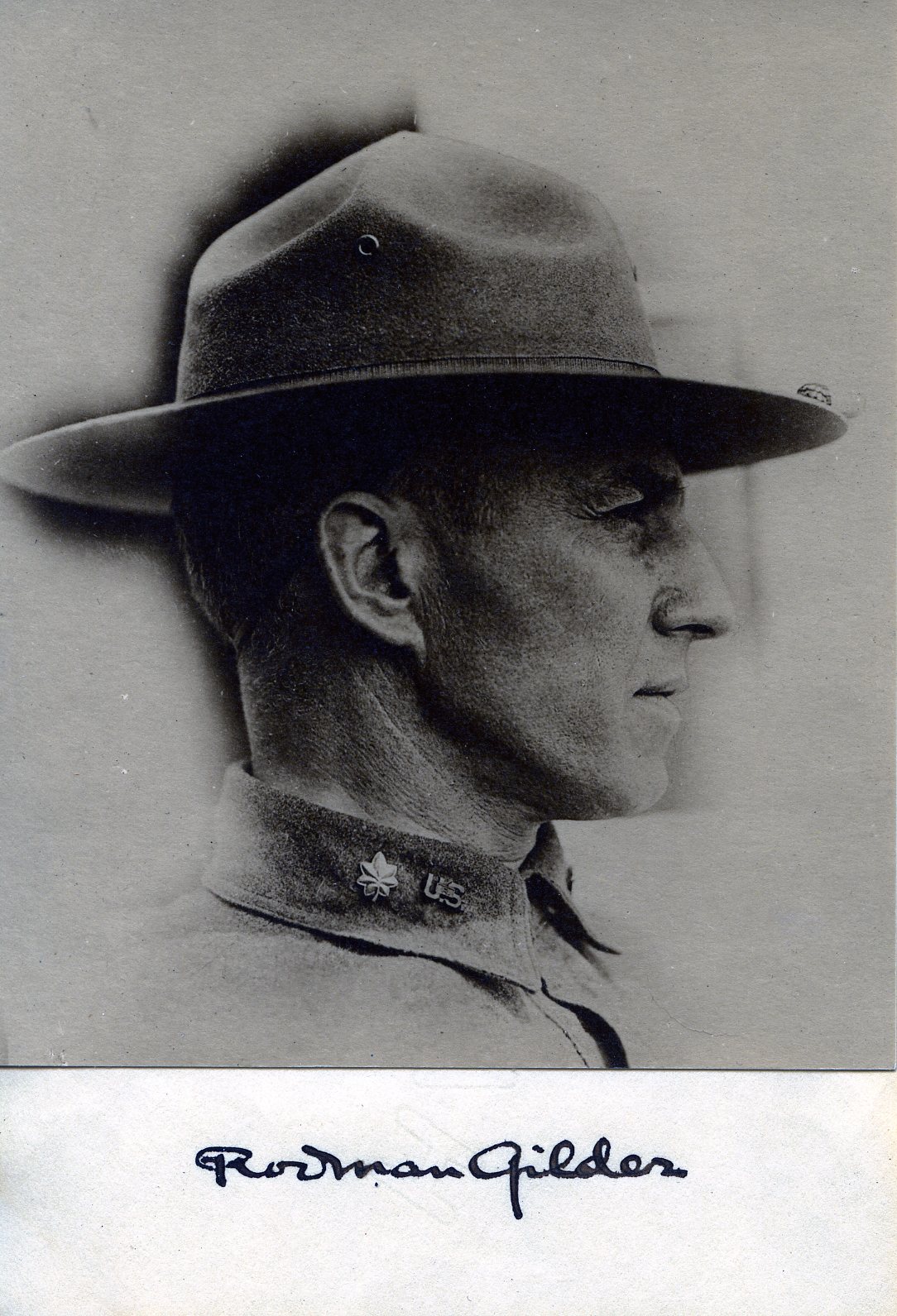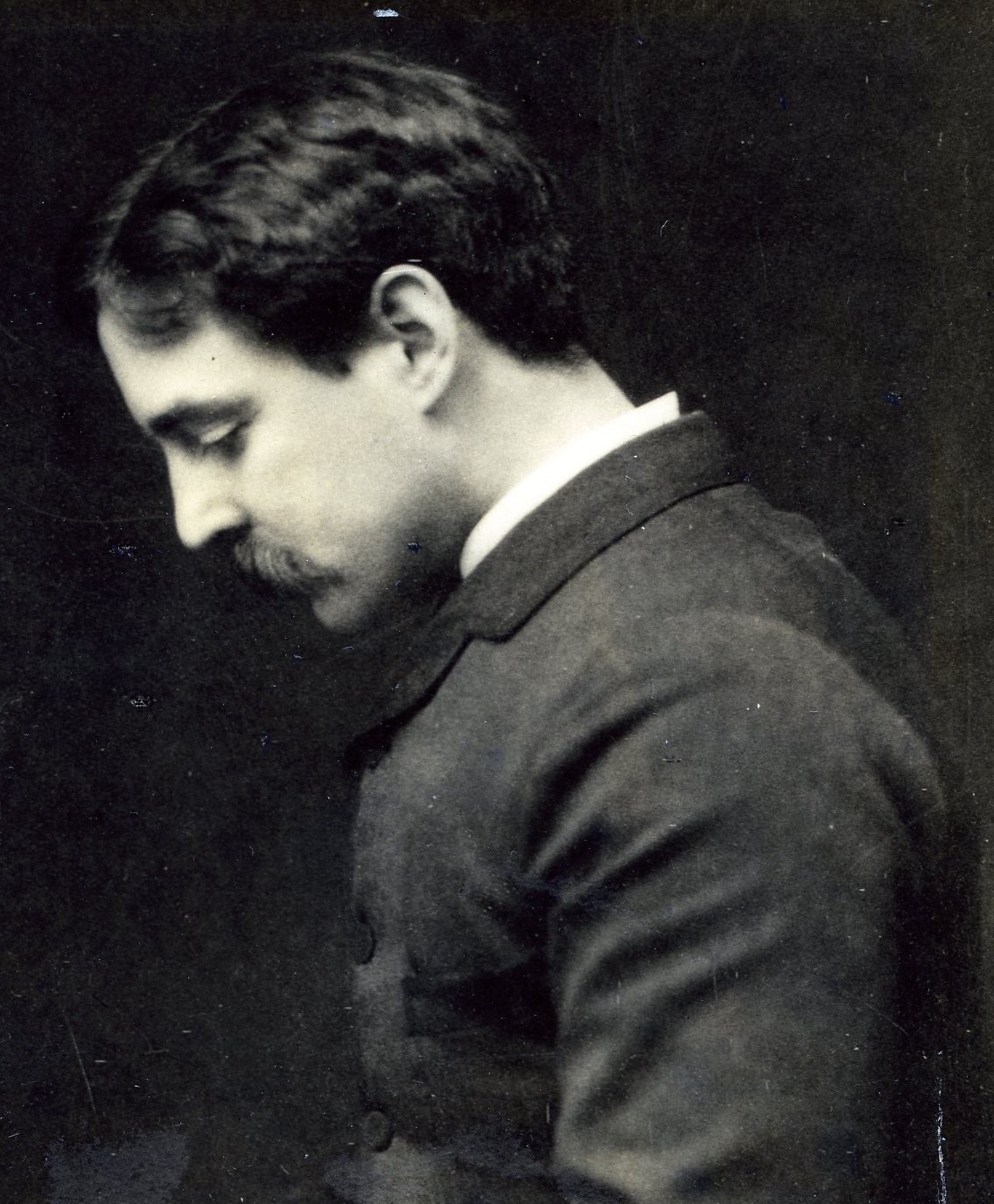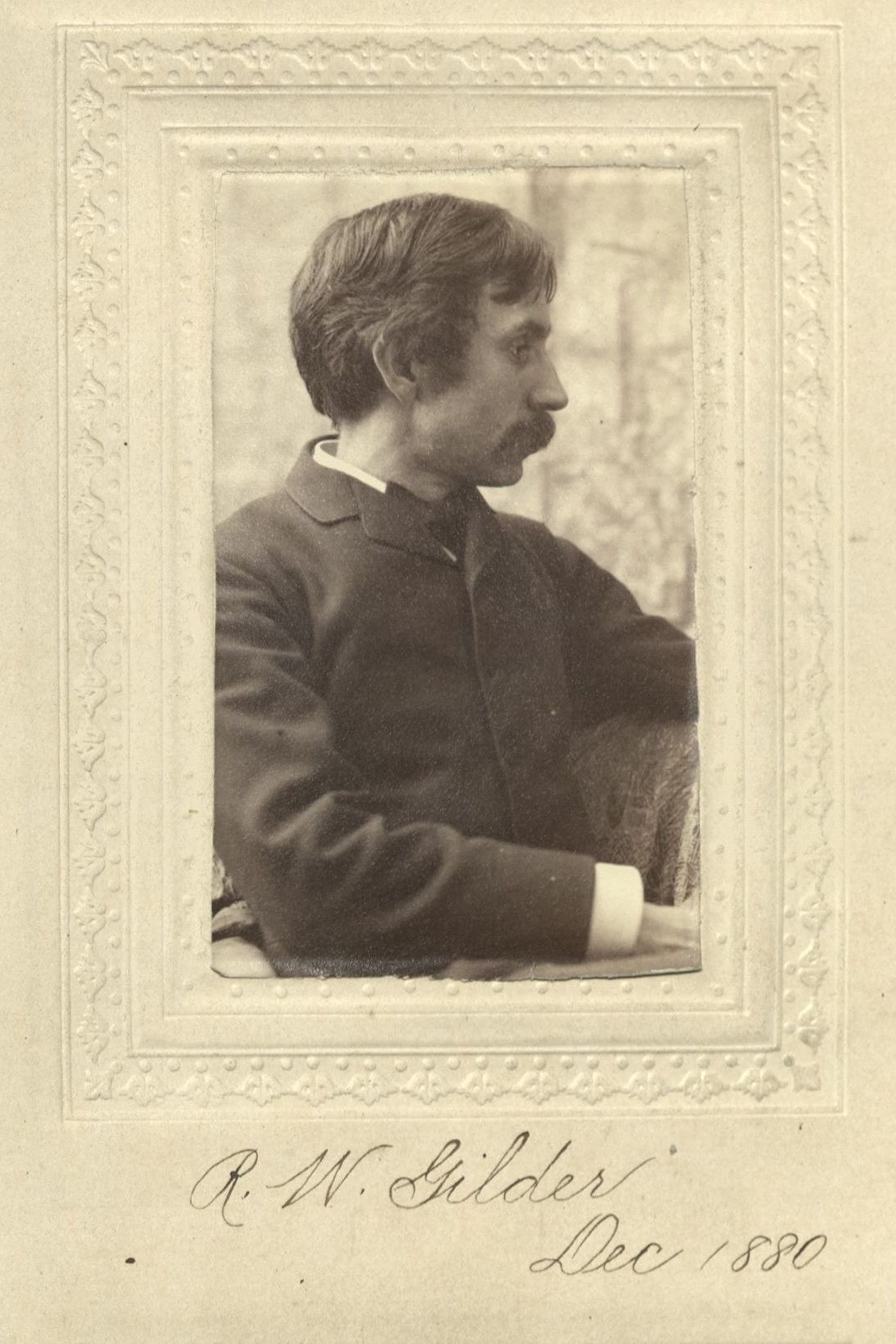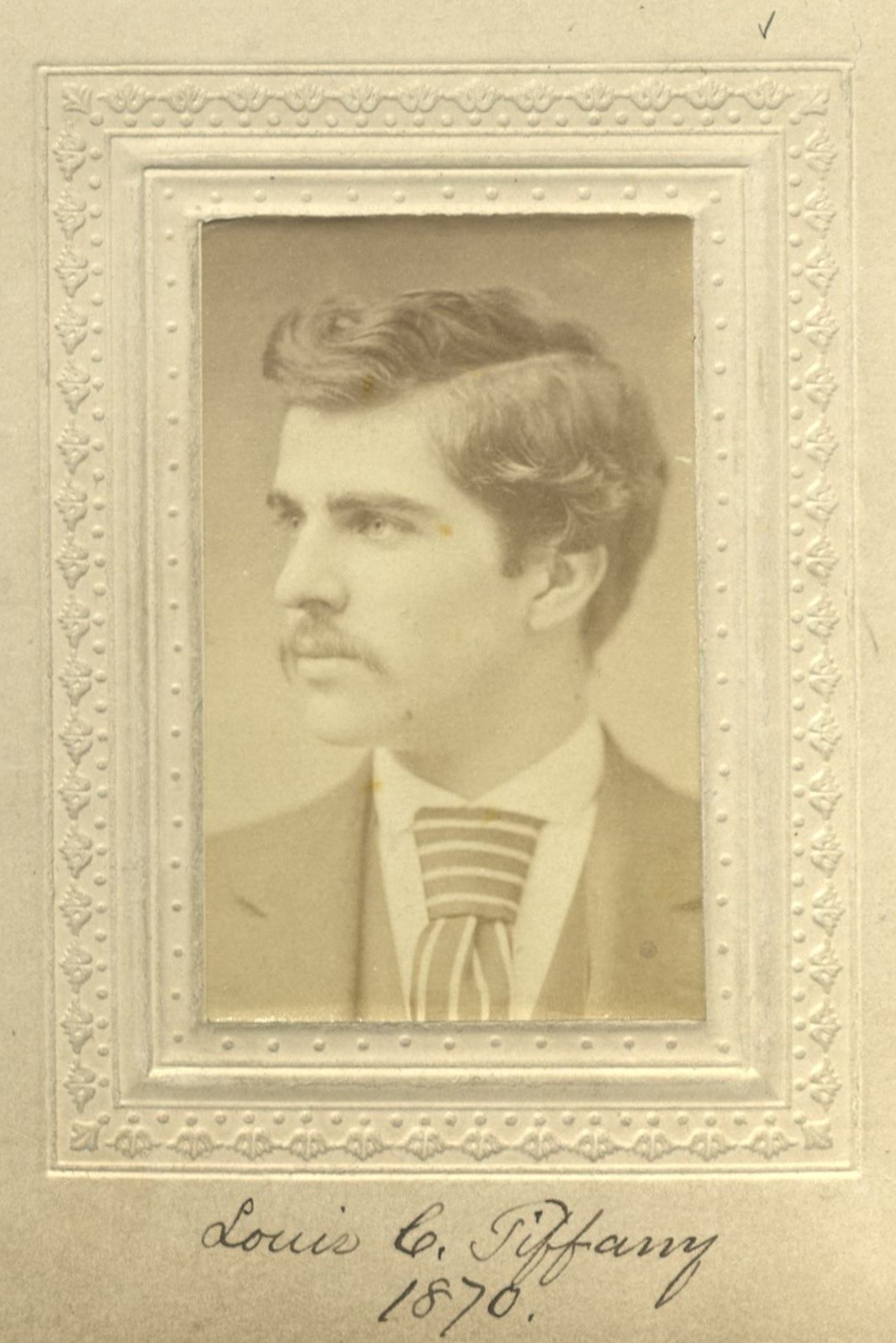Member Directory,
1847 - 1922
Rodman Gilder
Treasurer, Century Company
Centurion, 1914–1953
Thomas A. Janvier and William Crary Brownell
New York (Manhattan), New York
New York (Manhattan), New York
Age thirty-seven
Laurel Hollow, New York

Archivist’s Notes
Son of Richard Watson Gilder; nephew of Charles de Kay and Joseph B. Gilder; son-in-law of Louis Comfort Tiffany; father of Richard Watson Gilder and Rodman Gilder Jr.
Century Memorial
Rodman Gilder was born in New York and graduated from Harvard in 1899. Originally he had a middle name, deKay; but, as he said, he “sloughed it off” along in the twenties.
He was brought up in the house of his father [Richard Watson Gilder], a distinguished writer and editor, and he knew from childhood the group that counted most in the literary and artistic life of that generation. Rodman once remarked of himself: “I have been mussing with printer’s ink almost continuously since before preparatory school.”
His best known book is “The Battery,” which came out in 1936. It bore the subtitle: “The story of the adventurers, artists, statesmen, grafters, songsters, marines, pirates, guzzlers, Indians, thieves, stuffed shirts, turncoats, millionaires, inventors, poets, heroes, soldiers, harlots, bootlicks, nobles, nonentities, burghers, martyrs, and murderers who played their parts during full four centuries on Manhattan’s island tip.” Rodman was fascinated by the City, its history and its constant changing, and no more understanding historian has ever written about it.
He was a member of the Century for forty years [sic: thirty-nine], and one of the most interested and useful members the Club has ever been blessed with. He served on almost all the Committees and the Board of Management, and he was the first Archivist ever to be appointed. He was an early member of the Stimulation Committee, and for long acted as secretary of it. He had a paper rose which he produced at the meetings and hung on the chandelier over the table to signify that the proceedings were sub rosa and members should speak freely. One night an elderly member fell asleep and produced a truly horrendous saw-mill cacophony which threatened to drown out the main discussion. Roddy examined the protagonist with mock awe. “What a gift,” he said.
In 1933 the Club had a revel—a Roman Holiday on Twelfth Night—where a Coliseum was provided, with Caesar and gladiators, nautch girls, senators, and other entertainment the Romans never imagined. Rodman was dressed in armor, a Centurion in command of the Praetorian Guard, which he drilled in the manual of arms in Latin. He had a marvellous time.
In 1947 he was Chairman of the Centenary Book Committee which brought out the Century Book. This job was done exceedingly well; and by far the most of the credit belongs to Rodman who got the members to write, put the pieces together, and edited and published the whole volume. It was fun for him and for all the rest of us, too.
He had a son, Richard Watson Gilder, who was elected to the Century in 1942. The boy went off to the War, and, alas, was lost with his plane. After the War there was a ceremony held in the Club in honor of the members morts pour la patrie. Rodman came of course. A tender, affectionate citation of the boy was read by Bishop [Donald B.] Aldrich, while all the members stood up. At the end, when the colored servants sang the Battle Hymn of the Republic from the Upper Hall, the tears coursed down poor Gilder’s cheeks.
The Lord bless him and keep him.
George W. Martin
1954 Century Association Yearbook





